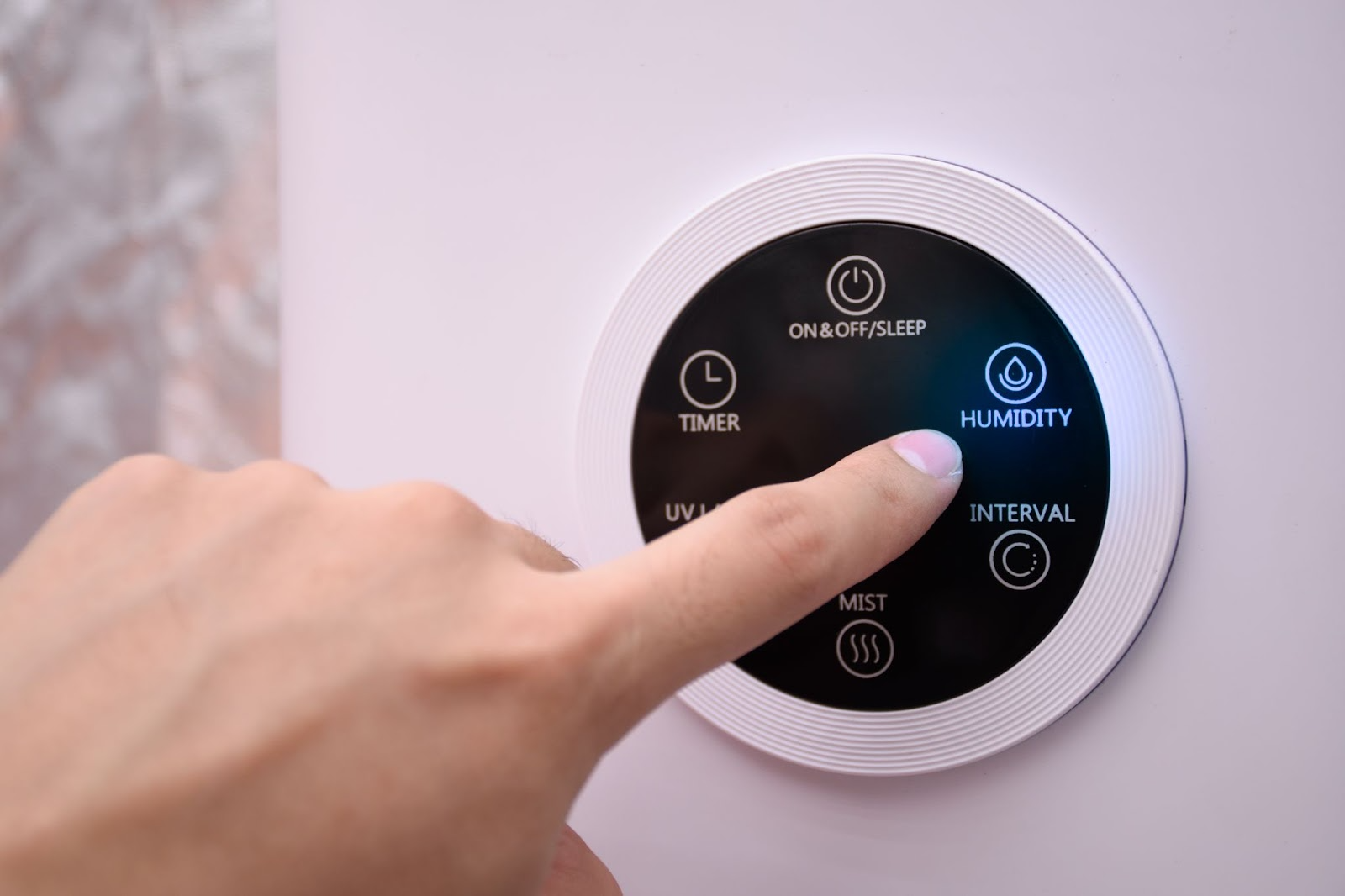Creating a comfortable indoor environment goes beyond simply adjusting the thermostat. Humidity levels play a crucial role in how your home feels, affecting not only your comfort but also your health and the efficiency of your HVAC system.
Understanding Humidity and Comfort
Humidity refers to the amount of water vapor present in the air. High humidity can make the air feel warmer and more oppressive, while low humidity often makes it feel cooler and drier. Both extremes can negatively impact your well-being. Excessive humidity can lead to mold growth and worsen allergy symptoms. In contrast, too little humidity may cause dry skin, irritated sinuses, and respiratory discomfort.
The Ideal Home Humidity Level
The Environmental Protection Agency (EPA) recommends maintaining indoor humidity between 30% and 50% for optimal comfort and health. However, this range can shift slightly depending on outdoor weather conditions and personal preferences.
-
In the winter, you may find the lower end of this range more comfortable, especially as heating systems tend to dry out indoor air.
-
In the summer, targeting the higher end of the range helps counteract excessive moisture and makes your living space feel cooler.
4 Ways to Achieve Optimal Humidity Levels
1. Use Humidifiers and Dehumidifiers
To regulate indoor humidity, consider using humidifiers or dehumidifiers.
-
Humidifiers add moisture to the air, making them useful during dry winter months.
-
Dehumidifiers remove excess moisture, which helps prevent mold growth and creates a more pleasant environment during warmer months.
2. Improve Ventilation and Air Circulation
Proper ventilation is key to controlling humidity levels. Use exhaust fans in high-moisture areas such as bathrooms and kitchens. Also, ensure your home has good air circulation, which helps maintain a balanced indoor climate.
3. Schedule Regular HVAC Maintenance
A well-maintained HVAC system plays a major role in regulating indoor humidity. Regular tune-ups ensure your system runs efficiently and can help identify issues like duct leaks or ventilation problems that may affect moisture levels.
4. Monitor Humidity with a Hygrometer
A hygrometer is an inexpensive and effective tool that measures indoor humidity. By keeping an eye on humidity levels, you can make timely adjustments using your humidifier or dehumidifier to stay within the ideal range.
Schedule Your HVAC Maintenance Today
Maintaining the ideal humidity level is essential for a healthier, more comfortable home environment. If you live in Milton, WV, Ashworth Heating & Cooling is your trusted partner in indoor air quality and HVAC maintenance. Our skilled team will help you monitor and manage humidity levels year-round for maximum comfort. Call (304) 743-8895 or fill out our online form to schedule your HVAC service or learn more about our humidity control solutions. Trust Ashworth Heating & Cooling to keep your home comfortable in every season.




Recent Comments